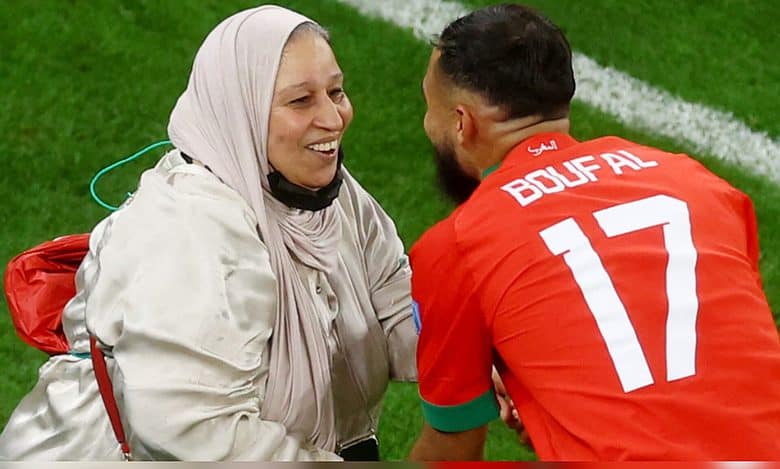
After becoming the first African team to reach the semi-finals of the FIFA World Cup, much of the world’s attention was turned to viral photos of Moroccan players celebrating their historic victories with their mothers.
Although several clips of the players greeting their families after Morocco’s victory against Portugal went viral, the most widely shared among them was of Sofiane Boufal dancing with his mother on the pitch with Moroccan fans cheering around them.
While most commentators and social media reactions have said that the heartwarming scenes reinforced the value of family bonds, and the role that parents play in their childrens’ success, these images also reflect the sacrifices many families have to make due to economic constraints, particularly in the developing world, to reach this level of international success.
Sports are often not considered a priority in developing countries, and as a result, investment in sport infrastructure and skill acquisition is far more limited. Poverty emerges as an influential constraint, and a lower income family may not be able to provide access to appropriate facilities nor provide adequate support.
This is why the families of athletes hailing originally from underprivileged socio-economic conditions deserve extra recognition: they have sacrificed the most to support and uplift their children.
Moroccan football star Achraf Hakimi shared his difficult past with Spanish television show El Chiringuito, saying: “It was very complicated, we were poor. My mother cleaned houses and my father was a street vendor. We come from a modest family that has always struggled to earn a living.”
“They sacrificed [much] for me. They deprived my brothers of many things for me to succeed. Today, I fight for them every day,” he added.
Hakimi’s father also spoke about his sacrifices, as quoted by Magrib Foot, saying: “I used to drive 100 kilometres every day to take my son to Real Madrid. I am glad about how his career has turned out. It gives me joy to see him succeed. I ask parents to make sacrifices for their children. I thank God for everything.”
The heartwarming images and clips of the players with their mothers have shown the world that sometimes the real superstars do not always have a name on the back of their jersey. Instead, they can be the ones sitting in the stands among the audience, carrying the weight of their hearts in their hands because of how invested they are in the success of the players.
Their courage and love evoke our own. They carry us with them: we are their voices, their hands and their hearts. Even when they cannot express it at all times, their eyes write love letters to us every time they come into contact with ours.
These heroes are our parents. The most impacting and important leaders, of any society, are to be found inside the family home. They are our first influencers, our first role models, and our first icons that we look up to.
The impact that the parents had on the Moroccan players have completely changed and moulded their life, which can insure future parents to do the same.
The opinions and ideas expressed in this article are the author’s and do not necessarily reflect the views of Egyptian Streets’ editorial team. To submit an opinion article, please email [email protected].
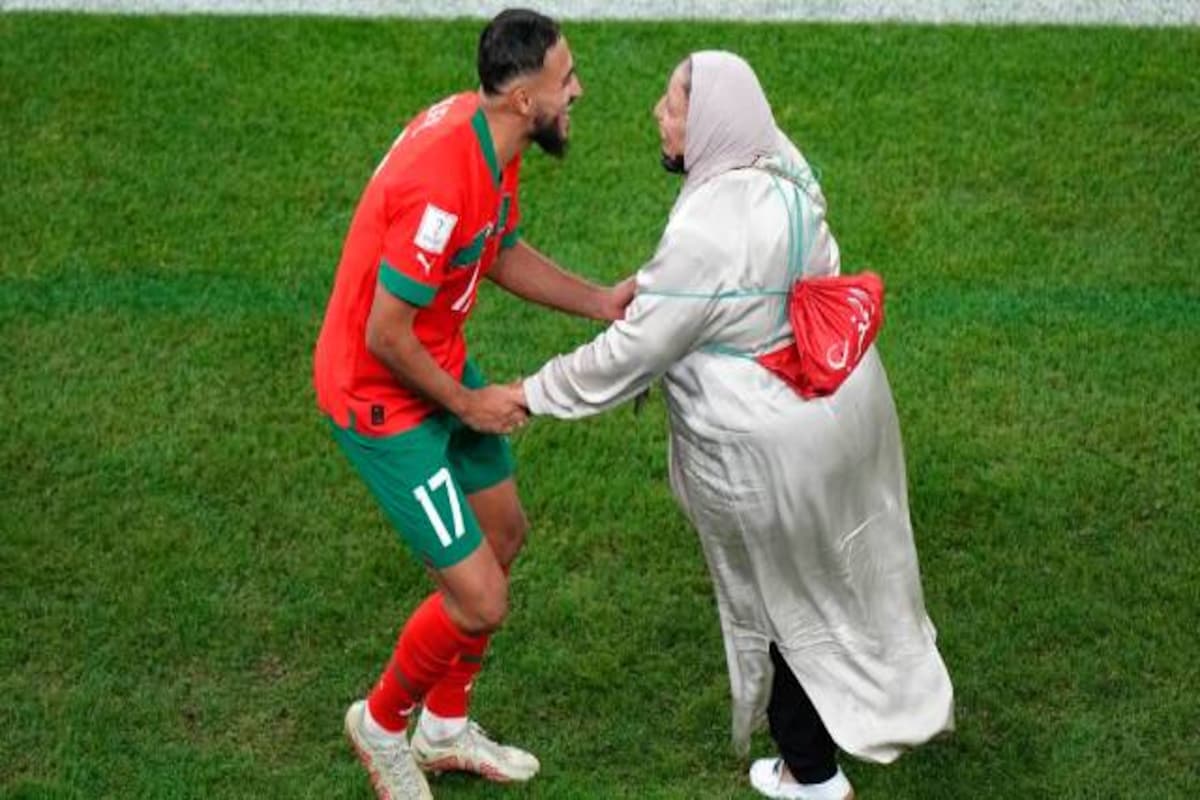



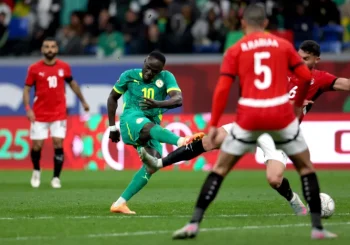
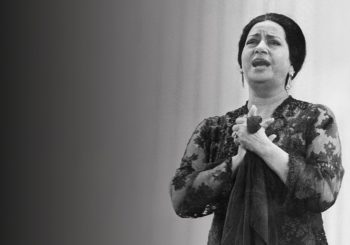
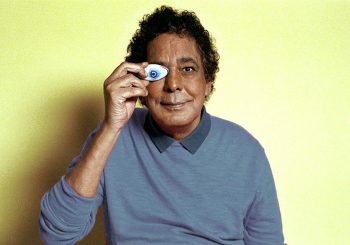
Comments (36)
[…] – as did some of the individual players. The sight of midfielder Sofiane Boufal dancing on the pitch with his mother after his side’s victory over Portugal was a compelling act of family and togetherness that has […]
[…] Why the Recognition of Moroccan Players’ Parents Matters […]